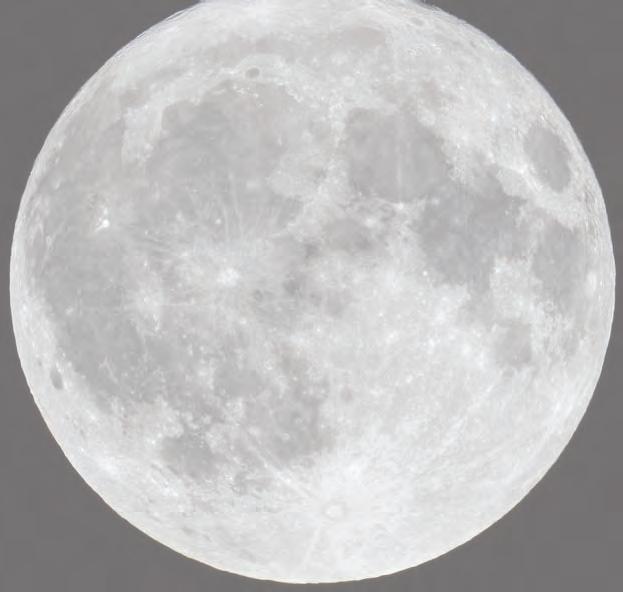Health - Leader Profile
WHO Africa's 1st Woman Leader Helps Continent Fight COVID By Carley Petesch
PEOPLE STAND WHEN Dr. Matshidiso Moeti enters a room at the World Health Organization’s Africa headquarters in the Republic of Congo and they listen intently to what she says. Small in stature and big in presence, Moeti is the first woman to lead WHO’s regional Africa office, the capstone of her trailblazing career in which she has overcome discrimination in apartheid South Africa to become one of the world’s top health administrators. As WHO Africa chief, Moeti initiates emergency responses to health crises in 47 of the continent’s 54 countries and recommends policies to strengthen their health care systems. Since her appointment in 2015, Moeti has grappled with the world’s deadliest Ebola outbreak, in West Africa. She has also has had to handle lingering criticism of WHO’s spending and hiring in Africa as it also deals with allegations of sexual assault by contractors during Congo’s Ebola crisis. From 2020, the start of her second term, Moeti has faced her toughest professional and personal challenge: helping Africa respond to the coronavirus pandemic as the continent trails the rest of the world in testing and vaccination efforts. She has become one of the world’s most compelling voices urging better consideration of Africa’s people — especially women, who’ve in many ways been hit hardest by COVID. Her identity as an African woman has been both a strength and an obstacle on a continent where much of society is still dominated by patriarchal systems. “I’m certainly doing my best to be there not only as a technician and a manager and a leader, but also very much as a woman from the region, from 53
March-April 2022
Dr. Matshidiso Moeti the continent,” Moeti, 67, told The Associated Press during a recent visit to WHO Africa headquarters in Republic of Congo. “I feel very privileged. “At the same time ... I’m looking forward to the day when it will no longer be notable that there’s a woman leading an organization — when it will have become part of the norm.” Moeti has made strides within WHO Africa to follow through on her word — starting a leadership program that has helped promote more women by ensuring that female applicants for jobs are taken as seriously as men. Improved gender parity is evident at WHO Africa, where nearly equal numbers of men and women walk around the sprawling campus, about a 20-minute drive outside Brazzaville along the Congo River. In her time in office, Moeti said, she is proud to have shifted the ratio of men to women — now, four female directors and four male directors flank her in the grand conference room where meetings and Zoom calls are held. Prior, it was three women in the presence of six men. One of the women at the table is Dr. Mary Stephens who says that seeing Moeti as regional director means a lot to her and others in Africa, where women historically and traditionally have had to take a back seat: “It gives us hope and an indication that it can happen for any woman on the continent.” Emergency work like hers, Stephens said, “adds another layer of challenge to it for a woman, because you’re deployed to difficult situations and see page 54
DAWN
www.africabusinessassociation.org





















































